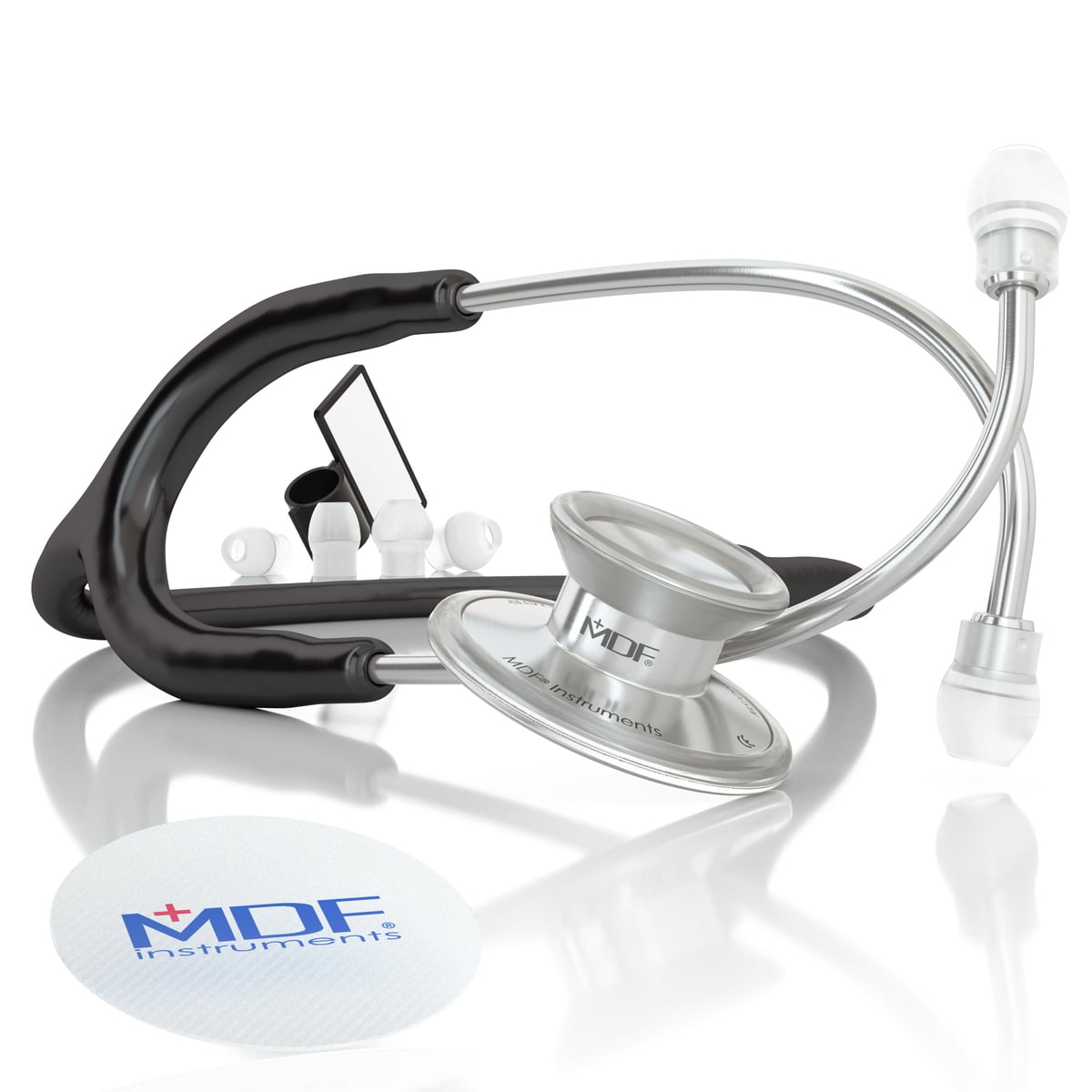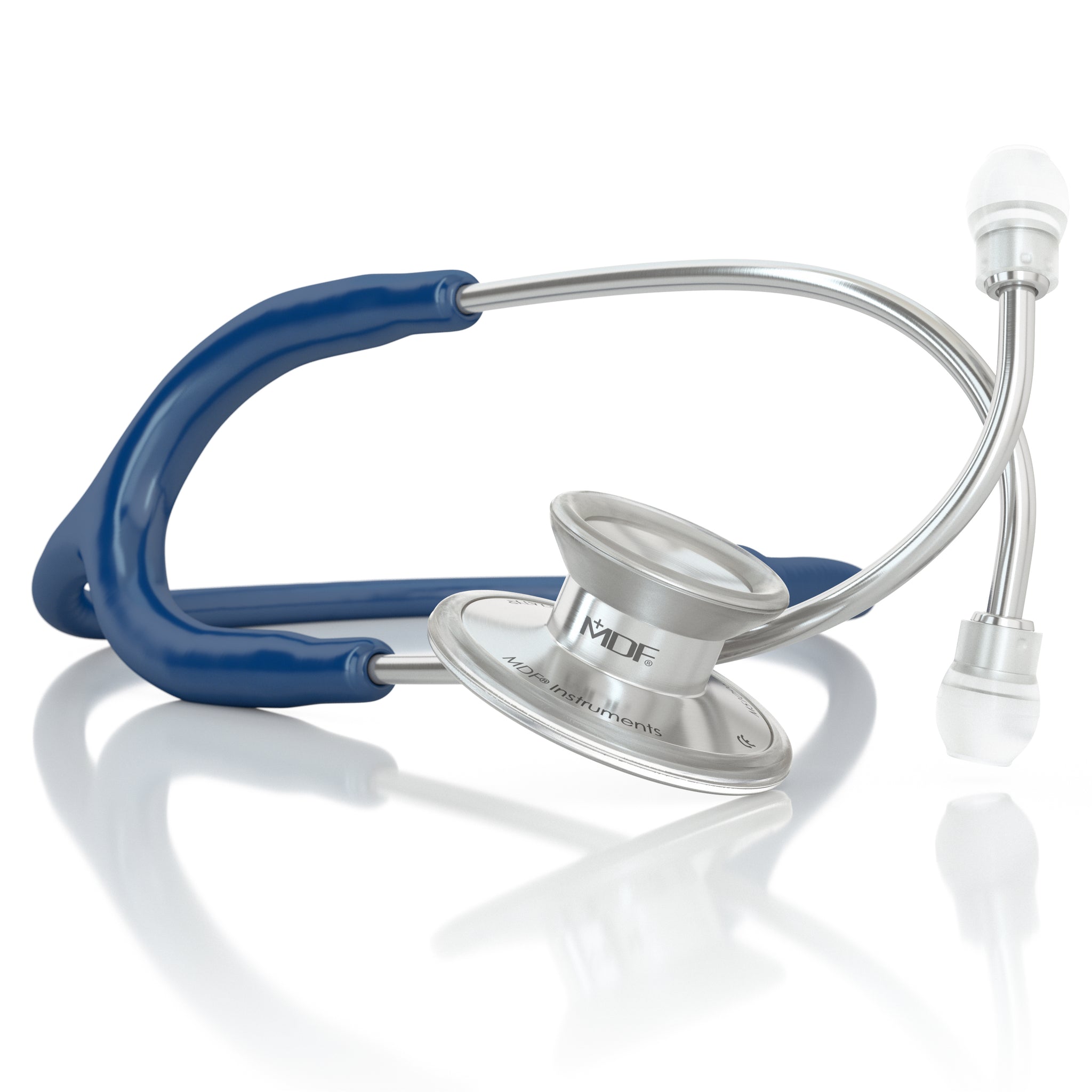

These electronic signals then undergo processing to improve sound quality for the user.Įlectronic stethoscopes allow for sounds to be digitized and encoded. Electronic stethoscopes convert sound waves into electronic signals. They work in a similar way to traditional acoustic stethoscopes but have additional devices that amplify sound waves. Stethoscope diaphragms are usually made of plastic and shaped into thin, flat discs that “absorb” sound.Įlectronic or digital stethoscopes, on the other hand, amplify sound with the assistance of electronics. Sound waves travel through a person’s body, and these waves cause the diaphragm of the stethoscope to vibrate. Sound waves travel by causing objects to vibrate, and these vibrating objects, in turn, cause other nearby objects to vibrate. Sound is composed of vibrations that move in a wave pattern, which is why these vibrations are called sound waves. When the stethoscope chestpiece or head is placed against a patient’s skin, how exactly is sound picked up by the stethoscope?
#Acoustica stethoscope professional
But to better understand how our stethoscopes can improve your professional life, let’s examine the process a bit more closely. The sounds that are picked up from these areas move through the stethoscope tubing, binaurals, eartips, and into the user’s ears. The chestpiece is placed on a patient’s body, against their chest, back, or stomach.


We all have a general idea of how a stethoscope works.
#Acoustica stethoscope how to
It’s time for you to use a stethoscope that works as hard as you do! Let’s find out how to choose the best stethoscope for hearing impaired people. The right stethoscope can save you the expense and frustration of repeated attempts to find a working solution. Performing auscultation on a patient is not impossible even with hearing loss. We often take for granted how a good sense of hearing makes the conduct of professional life so much smoother.įortunately, hearing impairment is not an insurmountable challenge for those in medicine. Medical professionals need their hearing to be able to listen to the different organic sounds of the body, and they need their hearing for clear communication in an operating room. Hearing is quite important for a lot of medical processes and procedures. It may not seem obvious at first, but hearing impairment or hearing loss can be a very real barrier for people who want to enter the medical field. From loss of mobility to loss of hearing or eyesight, healthcare professionals face many of the same issues that their patients do. Medical professionals have health concerns of their own that we might not think about. When health concerns arise, people turn to medical professionals for advice but what do medical professionals do when they’re the ones in need of assistance?


 0 kommentar(er)
0 kommentar(er)
